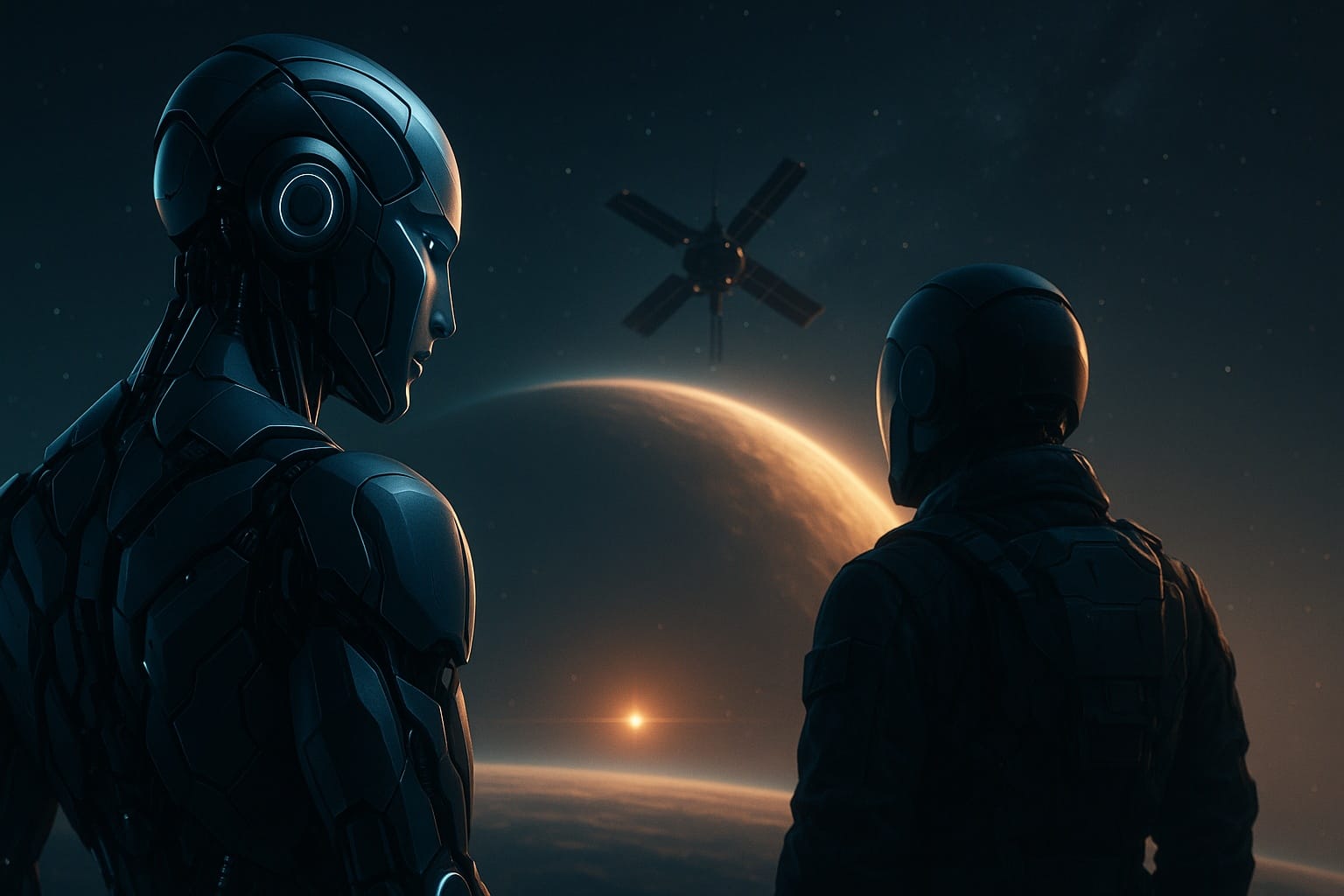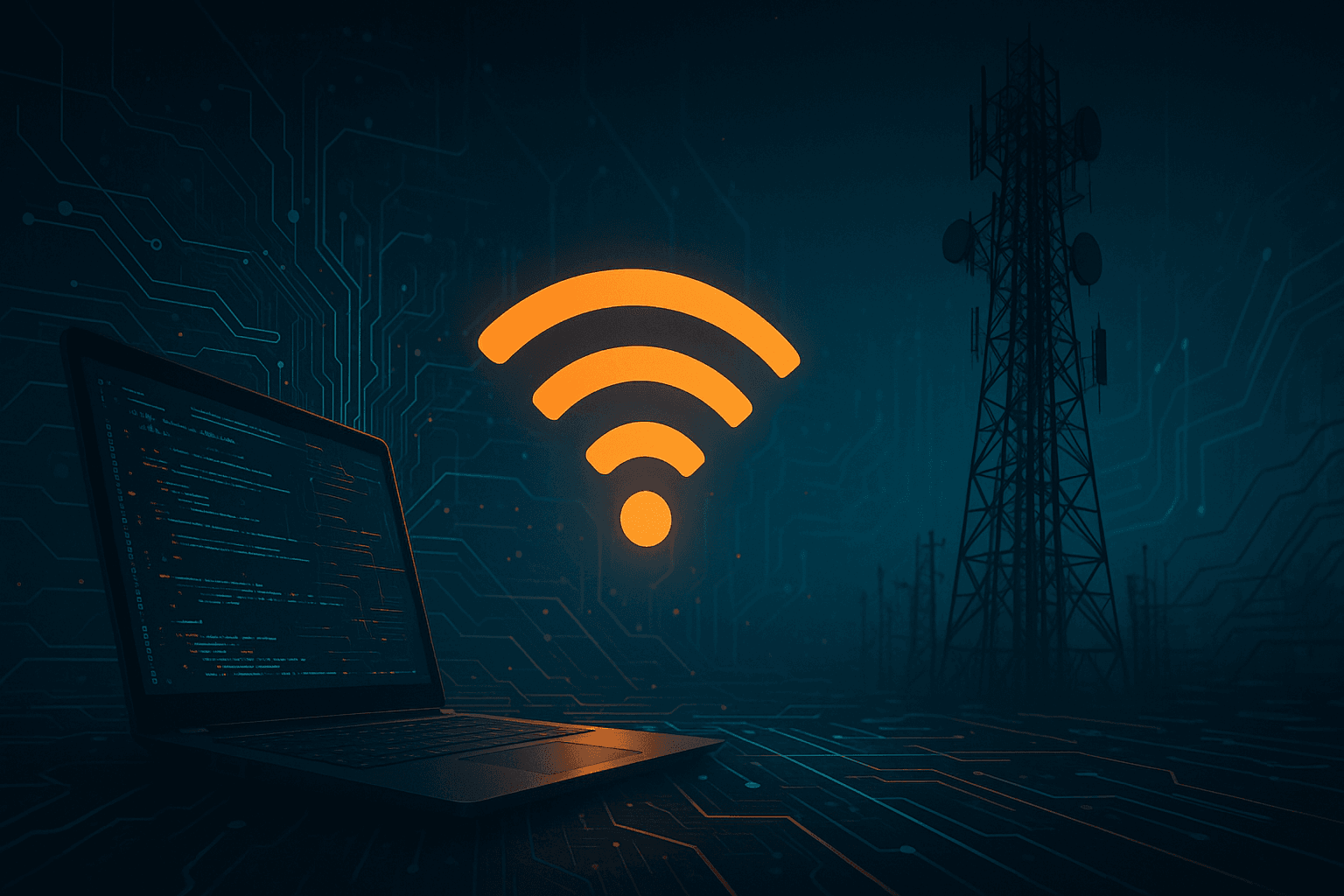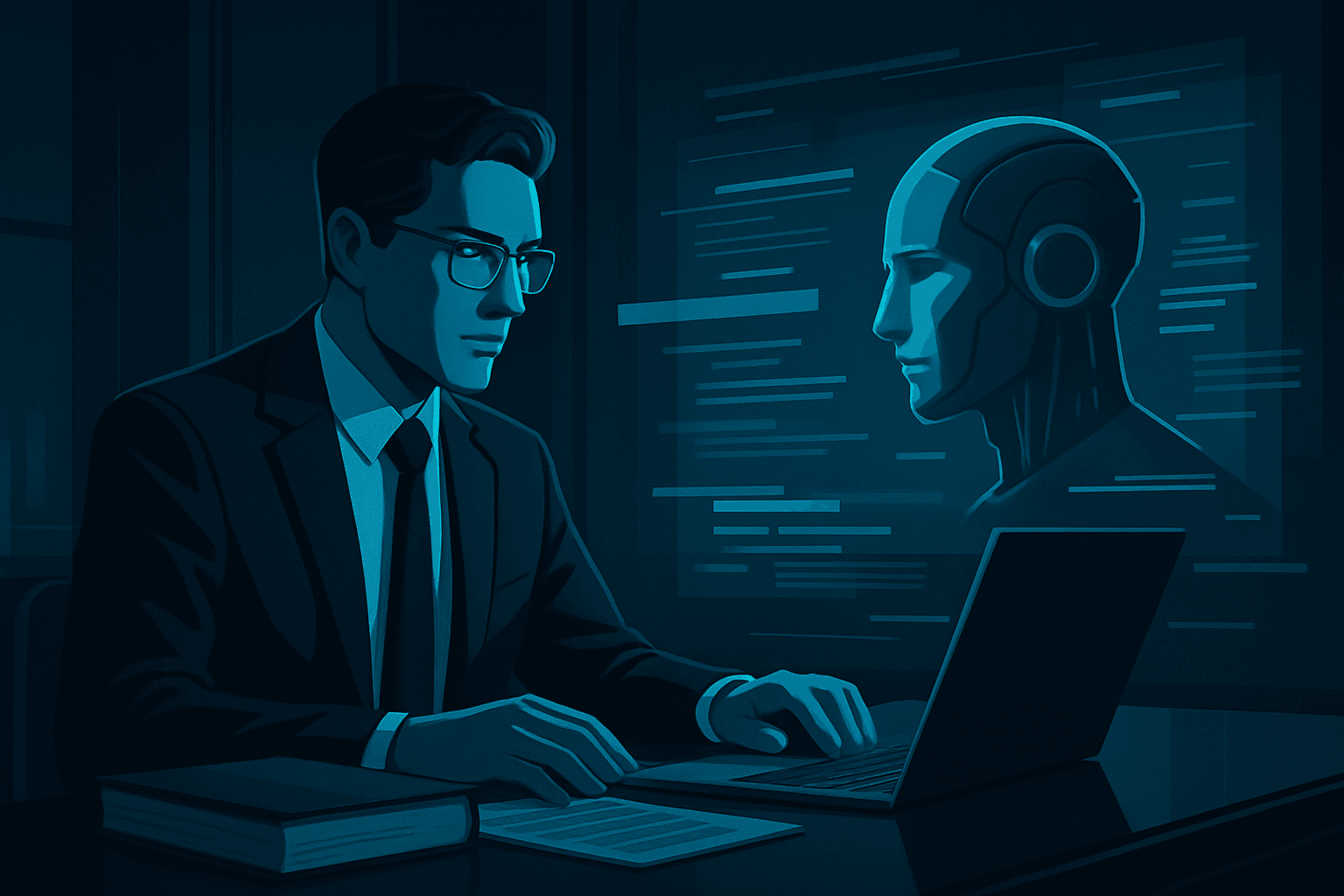Artificial Intelligence's Role in Advancing Space Exploration

Artificial intelligence (AI) enables algorithms to identify patterns in data and make predictions, mimicking human learning processes. This technology is already transforming industries like finance, healthcare, and aviation. In space exploration, AI offers innovative solutions for data transmission, planetary analysis, navigation, and rocket landing, providing critical insights for IP litigation attorneys navigating disputes in this high-tech field. Below, the applications of AI in space exploration are explored, highlighting their relevance to intellectual property disputes.
Optimizing Data Transmission in Space
Space missions generate vast datasets from distant planets, but transmitting this data to Earth is challenging due to orbital alignments and communication windows. Delays can span months or years, and data loss is a risk during transmission. AI addresses these issues by prioritizing and compressing data. For instance, NASA’s Mars Express AI Tool (MEXAR2) uses AI to analyze historical data, remove redundancies, and optimize data packet transmission from the Mars rover. This efficiency is critical for space agencies and private companies like SpaceX, whose innovations may lead to patent disputes requiring a software expert witness to evaluate proprietary algorithms. Learn more about NASA’s data transmission advancements at NASA’s official site.
Analyzing Planetary Data with Artificial Intelligence
Understanding distant planets requires analyzing massive datasets, often in the form of high-resolution images. AI automates this process, significantly reducing analysis time. Algorithms can detect environmental patterns, such as solar storms, by processing magnetosphere and atmospheric data. Collaborative efforts between IBM and Microsoft, as detailed in IBM’s research blog, are developing AI models for NASA to identify weather patterns and potential landing sites on remote planets. These advancements also aid in resource discovery, which could spark IP conflicts over proprietary data analysis methods. Attorneys may need a software expert witness to assess the novelty of such algorithms in patent litigation.
Enhancing Spacecraft Navigation
Navigating spacecraft and satellites is complex, requiring precise processing of kinematic and geometric data. AI improves autonomous navigation, orbit adjustments, and docking procedures, especially for missions far from Earth. According to experts cited in Space.com, AI-driven navigation systems are essential for handling the increasing complexity of deep space missions. These systems rely on real-time data processing, which may be protected by patents, making them a focal point in IP disputes. A software expert witness can clarify the technical distinctions between competing navigation algorithms for litigation purposes.
Revolutionizing Rocket Landing
Landing a rocket vertically, as SpaceX achieved with the Falcon 9 in 2015, is a monumental challenge. Unlike the space shuttle’s airplane-style landing, vertical rocket landings require precise sensor data and real-time adjustments. AI, combined with computer vision and convex optimization algorithms, enabled SpaceX’s reusable rocket success, as noted in SpaceX’s mission overview. Inaccurate sensor readings during atmospheric reentry or vacuum stages can be mitigated by AI models, which are often patented. IP litigation attorneys may require a software expert witness to evaluate these algorithms in disputes over reusable rocket technology.
The Future of Artificial Intelligence in Space Exploration
The integration of AI into space exploration is accelerating, with applications ranging from autonomous spacecraft to advanced data analytics. Numerous patent applications have been filed for AI technologies in space, creating a complex IP landscape. For instance, Google Scholar provides access to patent filings related to AI in space exploration, which can be a valuable resource for attorneys. As private companies and government agencies continue to innovate, IP disputes will likely increase, necessitating expertise in evaluating AI patents.
For comprehensive guidance on navigating the AI patent landscape, contact Sidespin Group’s experts at Sidespin Group.

